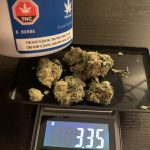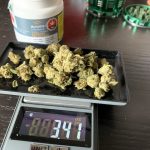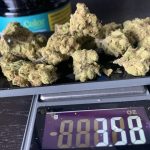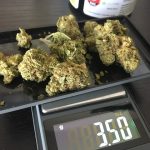Features
The cannabis industry is dealing with trust issues
Published on June 23, 2020 by David Wylie
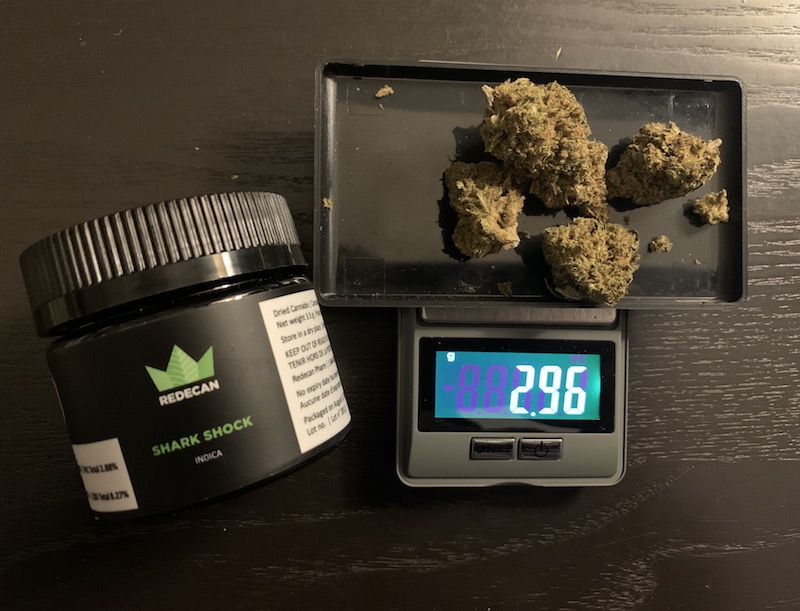
When it comes to weights and measures, the legal cannabis industry has some work to do to earn consumer trust.
Licensed producers are required to test and label THC and CBD percentages/amounts on their flower, vapes, edibles, oils, beverages – basically every product they release into the marketplace.
But just how accurate those percentage are has been questioned.
Like any other product, cannabis has been subject to recalls. In April, lots of San Rafael ’71’s Island Sweet Skunk dried cannabis were recalled because the amount of THC indicated on the label was lower than the actual THC in the product. There have been similar recalls of drinks, gel caps, and pre-rolls.
Several B.C. retailers have repeatedly told the oz. that customers often seek out the highest percentage products at the cheapest price.
That consumer trend has, in some instances, led to what’s been dubbed “lab shopping” – LPs seeking out services from labs known to label with the highest THC percentage.
The GrowthOp reports that “it’s not uncommon for producers to send samples to various labs and partner with whichever lab sends back the highest score.”
Health Canada regulations do allow for a 10% variance on potency labels for dried flower, which is an enormous spread. It’s even more pronounced with edibles that are able to give up to a 25% variance because the ingredients make potency even tougher to measure.
The jury is still out, anecdotally at least, on just how much the THC percentage can be used to gauge how cannabis will make you feel. Different strains have different dominant terpenes, which are evident in the smell and taste. They also have the potential to affect your high.
Potency isn’t the only issue where LPs need to build consumer trust. Those spending their hard-earned money on cannabis are complaining about just how much they’re regularly getting shorted.
Cannabis consumers have been getting more vocal about being “shorted” on weight, which appears to be a prevalent issue. It’s one that I’ve regularly encountered, consistently receiving eighths from many brands that are noticeably below the promised 3.5 grams.
A post on Reddit in r/theOCS – a subreddit for Ontario Cannabis Store consumers – asked a question a lot of people have been asking themselves: “Why are (low) weight variances permitted and why are they tolerated?”
“I paid for 21 grams of dried (some premium) flower this week. The first 3.5g container weighed 3.23g and the second was 3.31g. That 0.5 gram equates to about $6 so far. I haven’t opened the other containers yet, but am expecting similar results. The same thing happened with my last purchase,” said one user.
“Would you tolerate 22 or 23 bottles in that case of beer instead of 24? Or maybe that 1.14 litre bottle of Crown Royal may be only 0.98 litres this week.”
The answer is often given that freshly packed cannabis dries out and loses weight over time. But if that’s common sense to growers, shouldn’t that be taken into account when packaging?
In frustration, numerous people have been wishing for a return to the legacy dispensary days, when bud was pulled from jars on the counter and weighed in front of the customer. Tight regulations from Health Canada make that a pipe dream.
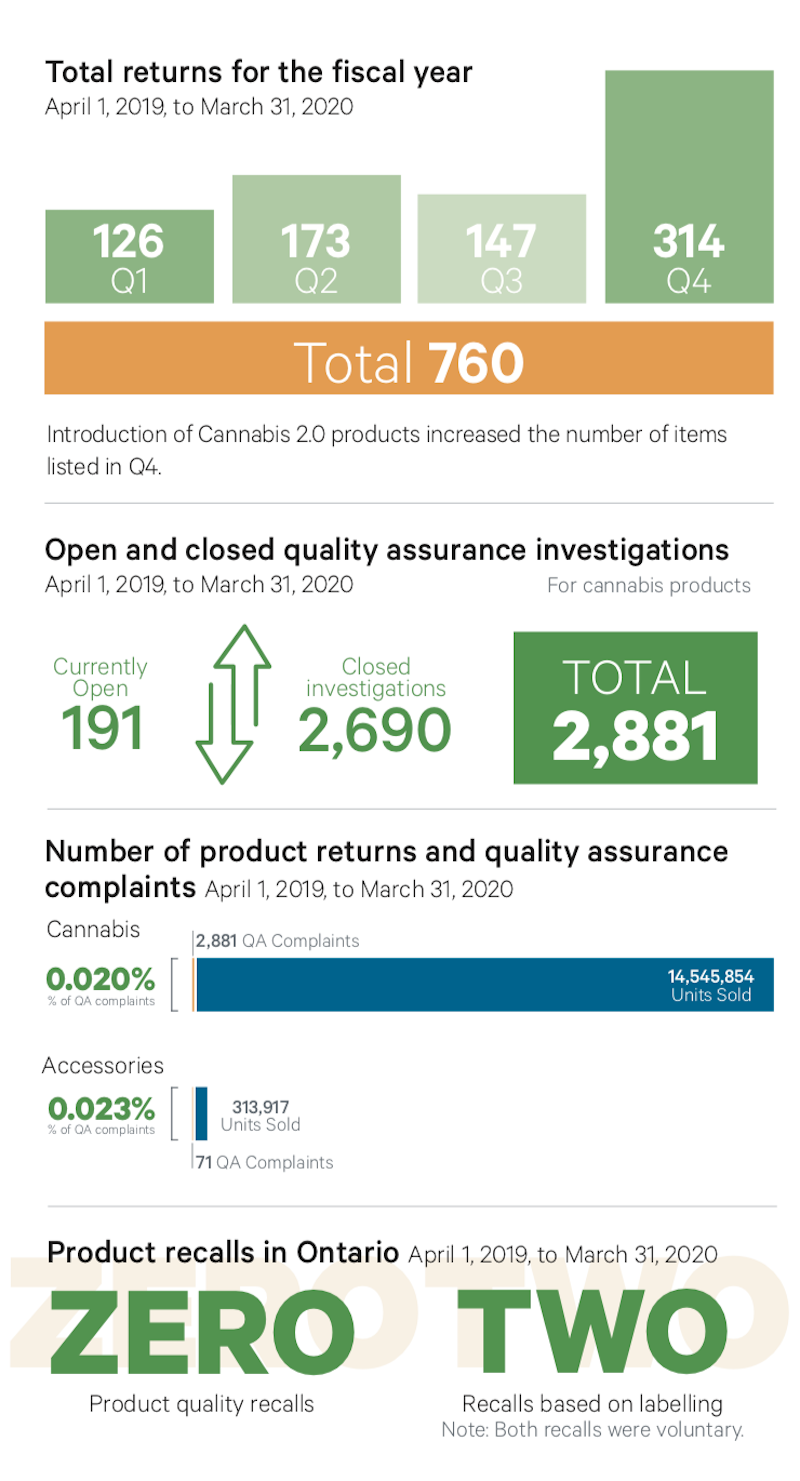
Improvements are being made in certain markets. The OCS said in its first fiscal year report that the volume of complaints has decreased notably per units sold. Most complaints were related to dryness, underweight products and potency range.
“The OCS has worked with licensed producers to decrease the allowable THC potency range from a difference of 10% to 6% (although it will take several months for licensed producers to work through existing stock levels) and introduce a packaging date limit of three months for products delivered to the distribution centre,” said the report.
It’s a start.
In the meantime, maybe those of us who get jars a little underweight should at least be thankful we haven’t received empty jars, or jars packed with nuts and bolts, like some Canadian legal weed customers.
David Wylie is a journalist based the Okanagan Valley of B.C. He has covered everything from courts to crime and weed to wine. He is publisher of the oz.
Get your cannabis news!
Sign up for our newsletter, packed with exclusive stories
Leave a comment on our Facebook page.
© Copyright 2020 Okanagan Z. | About the oz.
Report a Typo or Inaccuracy
We strive to avoid typos and inaccuracies. However, on occasion we make mistakes. We value your contributions and help in correcting them.
